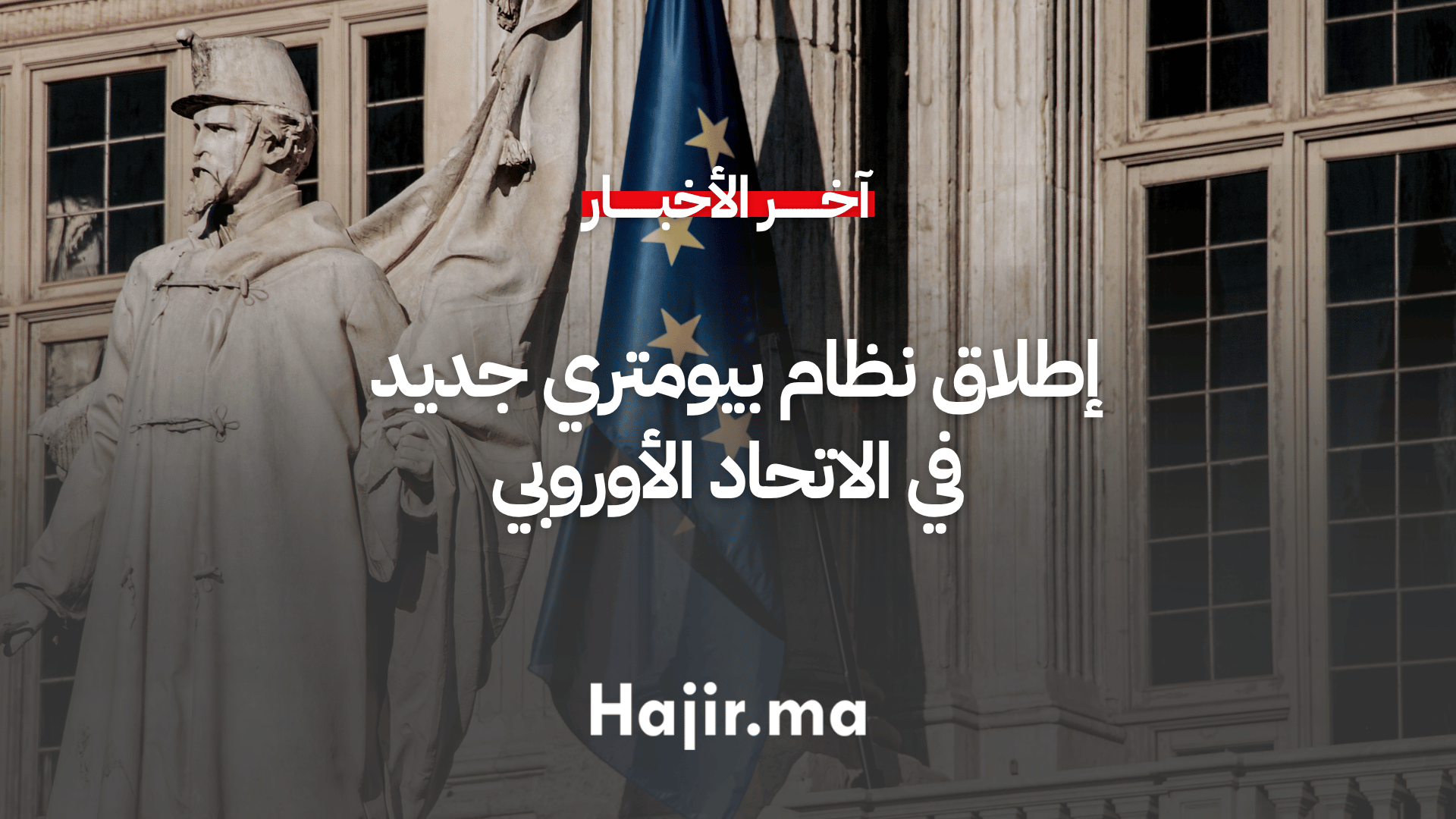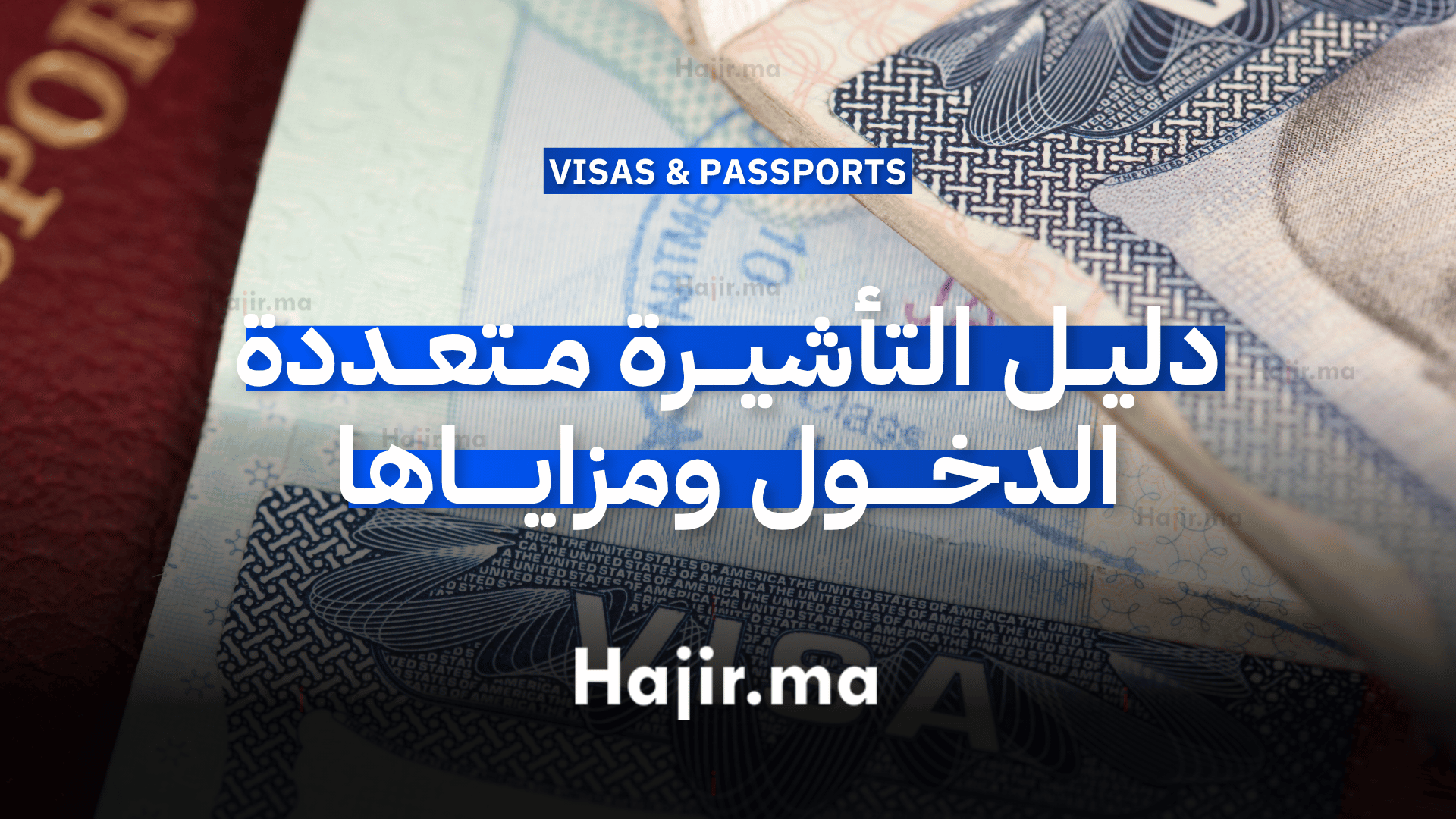Moving to France from Morocco can be an exhilarating and transformative choice. France provides many options for education, employment, and personal development in addition to a high level of living. Nevertheless, the immigration process can be challenging and complicated. We will walk you through all of the procedures and requirements involved in moving from Morocco to France in this in-depth guide.
How to immigrate to France from Morocco
Determine your Immigration Purpose:
Before starting the immigration process, it’s essential to determine your immigration purpose. France offers various immigration pathways, including family reunification, employment, study, and asylum. Identifying your purpose will help you choose the appropriate immigration route.
Research and Select the Right Immigration Program:
France has different immigration programs, each with its specific requirements and eligibility criteria. Here are some common immigration programs:
a) Family Reunification: If you have close family members who are already residing in France, you may be eligible for family reunification. This process allows family members to join their relatives in France.
b) Employment: France offers several work visa categories for skilled professionals, including the “Skills and Talents” visa and the “EU Blue Card” for highly skilled workers.
c) Study: If you plan to study in France, you’ll need to apply for a student visa. France is home to prestigious universities and offers excellent educational opportunities.
d) Asylum: If you are seeking asylum due to persecution or human rights violations, you may apply for refugee status in France.
Meet the General Requirements:
Regardless of the immigration program you choose, there are general requirements you must meet:
a) Valid Passport: Ensure your passport is valid for at least six months beyond your planned stay in France.
b) Proof of Financial Resources: You must demonstrate that you have sufficient financial means to support yourself during your stay in France.
c) Health Insurance: Obtain health insurance coverage that meets the requirements set by the French authorities.
d) Clean Criminal Record: Provide a certificate of good conduct or police clearance from Morocco.
Gather Required Documentation:
Each immigration program has specific documentation requirements. Here is a general list of documents you may need:
a) Completed application form: Fill out the application form accurately and honestly.
b) Passport-sized photographs: Provide recent passport-sized photographs meeting the specifications provided by the French authorities.
c) Proof of accommodation: Provide evidence of where you will be staying in France, such as a rental agreement or a letter of invitation from a host.
d) Proof of financial means: Bank statements, employment contracts, or sponsor letters demonstrating your financial capacity.
e) Educational documents: If you are applying for study purposes, provide transcripts, diplomas, and acceptance letters from French educational institutions.
f) Employment-related documents: If applying for a work visa, include job offers, contracts, or proof of professional qualifications.
g) Health insurance: Provide proof of health insurance coverage that meets French requirements.
Submitting the Application:
Submit your application and supporting documents to the appropriate French authorities. Depending on the immigration program, you may need to apply through the French Consulate in Morocco or online via the official French immigration website.
Attend Interviews and Medical Examinations:
For certain immigration programs, you may be required to attend an interview or a medical examination. These assessments are conducted to determine your eligibility and suitability for immigration to France.
Wait for the Decision:
The processing time for immigration applications varies depending on the program and the workload of the French authorities. Wait patiently for a response to your application. You may be required to provide additional documentation or attend additional interviews during this period.
Arrival in France:
If your application is approved, you will receive a visa or a residence permit. Make sure to follow the instructions provided and comply with any additional requirements upon your arrival in France.
About France:
France offers diverse work opportunities for foreigners. Highly skilled professionals in fields like technology, engineering, finance, and healthcare can explore the “Skills and Talents” visa or the “EU Blue Card” for long-term employment. The tourism industry also provides seasonal jobs in hotels, restaurants, and resorts, particularly during the summer and ski seasons. Additionally, teaching English is a viable option, with demand for English language instructors throughout the country. Expanding job markets, particularly in major cities like Paris, Lyon, and Marseille, further enhance the work prospects for foreigners in France.
In addition to the aforementioned opportunities, there are also language-related job prospects for foreigners in France. French language proficiency is highly valued, and foreigners with strong language skills can find employment as language instructors, translators, interpreters, or in customer service roles that require bilingual or multilingual abilities. Language schools, international organizations, and companies with international operations often seek individuals with language expertise to bridge communication gaps and enhance their global presence. Having a strong command of both French and another language can significantly broaden your job prospects in France.
Life in France is a tapestry of cultural richness and historical significance. The country’s deep appreciation for art, literature, and intellectual pursuits is evident in its world-class museums, renowned literary works, and prestigious academic institutions. From the Louvre Museum in Paris, housing masterpieces like the Mona Lisa, to the opulent châteaux of the Loire Valley, France offers a wealth of cultural experiences. The French also take pride in their gastronomy, with the country being synonymous with exquisite cuisine and fine wines. Whether indulging in a traditional baguette at a local bakery or savoring a multi-course meal at a Michelin-starred restaurant, the French dedication to culinary excellence is evident.
Furthermore, the French value work-life balance and leisure time. With a shorter workweek and generous vacation allowances, the French prioritize time spent with family and friends, as well as pursuing hobbies and enjoying the natural beauty of their surroundings. From the picturesque vineyards of Provence to the sun-kissed beaches of the French Riviera, France offers diverse landscapes that encourage outdoor activities and recreation. Whether it’s a leisurely walk along the Seine River in Paris or a weekend getaway to the charming countryside, the French lifestyle promotes a sense of relaxation and appreciation for the simple pleasures of life.
Conclusion:
Immigrating to France from Morocco requires careful planning, research, and adherence to the immigration requirements. By understanding the different immigration programs, gathering the necessary documents, and following the application process diligently, you can increase your chances of a successful immigration journey. Remember to consult with official French immigration authorities or seek legal advice for specific questions or concerns regarding your immigration case. Good luck with your journey to France!






